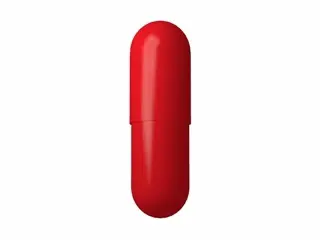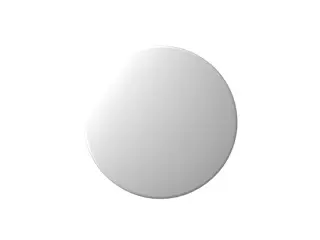Hair Loss
Discover effective treatments and supplements for hair loss, designed to nourish your scalp and promote healthy hair growth. Shop top-quality products to restore confidence and combat thinning hair today.
Hair loss is a common issue affecting millions worldwide. It can result from genetics, stress, hormonal changes, or medical conditions. Treating hair loss often involves medication. Here, we review some popular medications available in the hair loss category.
Avodart is a well-known medication used to treat hair loss, particularly androgenetic alopecia. It contains dutasteride, which works by blocking the conversion of testosterone to dihydrotestosterone (DHT). DHT is known to shrink hair follicles and contribute to hair thinning and loss. Avodart may slow hair loss and promote regrowth. It is generally prescribed for men. Possible side effects include decreased libido and erectile dysfunction, but these are rare. It is important to use Avodart under medical supervision.
Fincar contains finasteride as its active ingredient. It is commonly used to treat male pattern baldness. Like Avodart, Fincar blocks the enzyme 5-alpha-reductase, reducing DHT levels. This reduction helps to prevent further hair loss and can stimulate hair regrowth. Fincar is usually taken once daily in pill form. The effectiveness varies between individuals. Side effects might include sexual dysfunction and mild hormonal changes. Pregnant women should avoid handling crushed or broken tablets.
Finpecia is another finasteride brand. It is known for its effectiveness in stopping hair loss and encouraging hair regrowth. Finpecia has the same active ingredient as Fincar and Propecia. It is often preferred for its affordability while maintaining good results. Users report visible improvement after three to six months. Side effects are similar to other finasteride medications. Consistent use is key to maintaining benefits. Discontinuing finpecia can lead to resumed hair loss.
Penisole is less widely known but also contains finasteride. It is used in managing hair loss caused by hereditary factors. Penisole works by reducing the effect of DHT on hair follicles. This helps in slowing down the hair loss progression and supports new hair growth. The medication is taken as a daily pill. Side effects may include mild stomach upset or sexual side effects. It is important to adhere to prescribed dosages for best results.
Propecia is one of the most recognized names in hair loss treatment. It contains finasteride and is FDA-approved for male pattern baldness. Propecia works by inhibiting 5-alpha-reductase, thus lowering DHT levels in the scalp. It helps maintain existing hair and promotes regrowth in many men. Treatment usually starts to show results after three to six months. Side effects are uncommon but can involve decreased libido and mood changes. Women should avoid Propecia due to risks during pregnancy.
Proscar contains dutasteride, similar to Avodart, and is primarily prescribed for enlarged prostate but also effective for hair loss. It functions by blocking both Type 1 and Type 2 5-alpha-reductase enzymes, providing potent DHT suppression. Proscar has been noted to improve hair count and thickness over time. It requires daily intake and prolonged use for best outcomes. Side effects resemble those of dutasteride medications, including possible sexual dysfunction. Regular medical checkups are advised during treatment.
Rogaine is a topical treatment containing minoxidil. It differs from pill-based medications by being applied directly to the scalp. Rogaine stimulates hair follicles and increases blood flow to the hair roots, aiding in hair regrowth. It is available in foam or liquid forms and used twice daily. Rogaine is effective for both men and women. Results vary and might take several months to become noticeable. Side effects are uncommon but may include scalp irritation or itching. Rogaine can be used in combination with oral medications for enhanced results.
Each medication serves a specific role in managing hair loss. Pills like Avodart, Fincar, Finpecia, Penisole, Propecia, and Proscar focus on hormone regulation, mainly reducing DHT levels. This helps in slowing hair loss and promoting regrowth. Rogaine provides a different approach by topical stimulation of hair follicles. Combining treatments under a doctor’s guidance may yield better outcomes.
Choosing the right medication depends on factors like the cause of hair loss, patient age, gender, and tolerance to possible side effects. Consulting a healthcare professional is crucial before starting any hair loss treatment. Consistent use and patience are necessary, as hair regrowth takes time. Monitoring for side effects and progress helps optimize treatment success.
In conclusion, these popular medications offer effective options for many facing hair loss. Pills targeting DHT reduction are widely used and supported by clinical studies. Topical minoxidil treatments provide a non-hormonal option that suits both men and women. Understanding each medication’s benefits and risks helps in making informed decisions for hair health.






